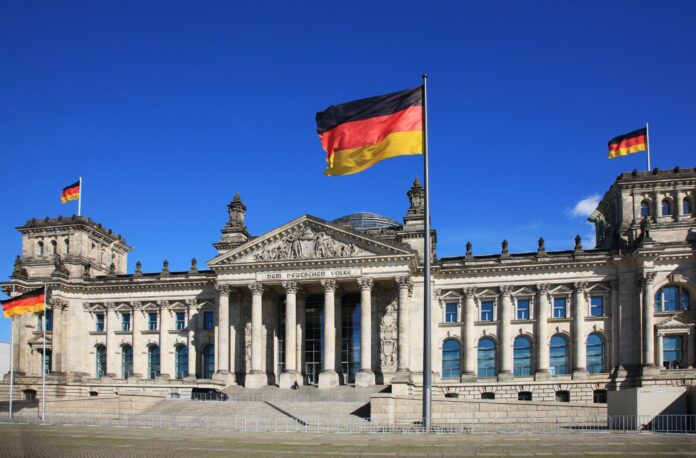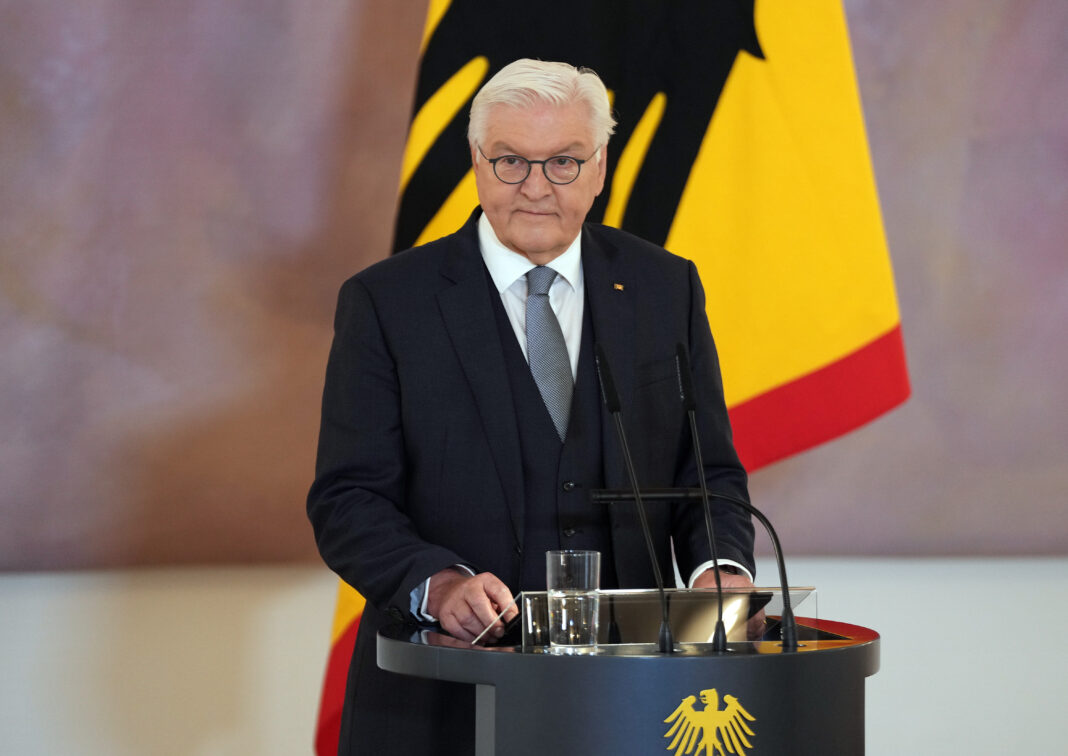Agency Report
Berlin – The head of an influential body of German economists has warned of dire consequences of a possible grand coalition of disparate parties following early elections on February 23.
Germany’s centre-right CDU/CSU bloc and the Social Democrats (SPD) of Chancellor Olaf Scholz come from different worlds that don’t easily align, said Monika Schnitzer, chairwoman of the German Council of Economic Experts, which advises the government.
“This risks reform stagnation and further loss of prosperity,” the economist told the Funke Mediengruppe newspaper chain on Friday.
The main task of a new government is to reduce uncertainty, Schnitzer said, noting that it would not be able to avoid reforming the so-called debt brake, which sets strict government borrowing limits.
Even minor reforms could provide considerable room for manoeuvre, according to the economist.
“What is very important in a reform of the debt brake is the legal stipulation that the additional money is spent exclusively on future-oriented investments – defence, infrastructure, education,” said Schnitzer.
This should not be used to pay for a pension package, she added.
The CDU/CSU, composed of the Christian Democratic Union and its Bavarian sister-party, the Christian Social Union, has made the sputtering economy under Scholz the central issue in the election.
The bloc has a wide lead over the SPD in opinion polls, but forming a working majority could nevertheless prove tricky. When Germany’s traditionally two largest blocs – the SPD and CDU/CSU – team up to govern, it is known as a grand coalition.




